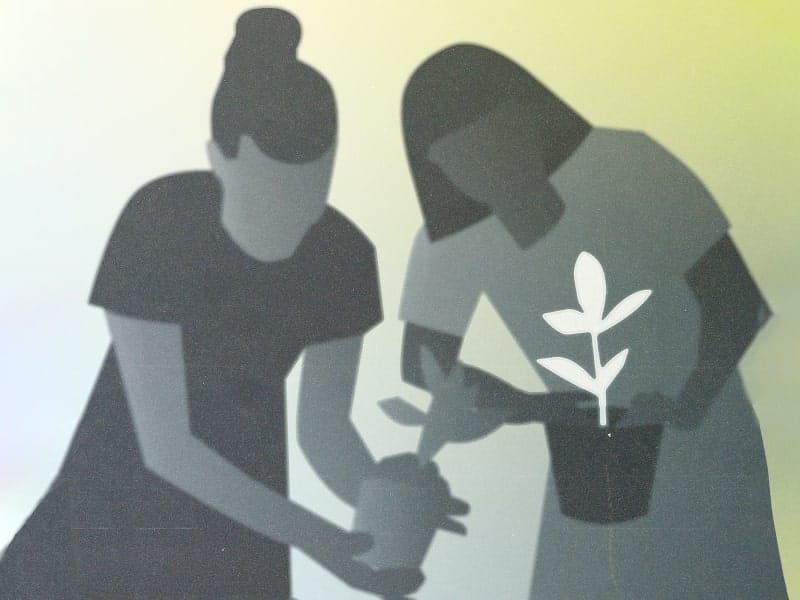Social Map: Cultivator to Cultivator
Cultivators build long-lasting relationships, so long as they take the first step.

Cultivators build long-lasting relationships, so long as they take the first step.
Cultivators are one of the best friends a person can have. They are kind, empathetic, good listeners and loyal. They value quality relationships over having hundreds of acquaintances. What could go wrong?
In this Cultivator to Cultivator social map, we’ll highlight the strengths and hurdles Cultivators may face in connecting with each other, as well as best practices for conversations and interactions.
Summary
Cultivators make friendships slowly and through experience, like a shared activity, circumstance or other events that create proximity. But, once you’re in the circle, you’re unlikely to leave it. Cultivators are loyal and will work hard to maintain their chosen connections.
Two Cultivators may have a close relationship that baffles others, but it makes sense to them. Cultivators share their feelings with one another over time, rather than front-loading the relationship with long heart-to-heart talks. This slow unfurling creates longevity, rather than flash-in-the-pan friendships which burn bright and then burn out.
When frustrated, Cultivators are less likely to confront one another. Rather, they’ll take time away to sort through their own feelings before coming back together. But, if the stakes are high, they’ll talk through conflict rather than walking away from the relationship.
The real struggle Cultivator pairings face is in making intentional time for one another. Cultivators, more so than other connection patterns, are less likely to proactively reach out to those they love. A relationship between two Cultivators can survive an extended period of distance. But this doesn’t mean Cultivators shouldn’t prioritize spending time together. Relationships with Cultivators are built on quality time. When befriending one another, Cultivators need to reach out to and make plans to maintain and deepen the relationship.
Strengths and Hurdles
Strengths
— Cultivators are good listeners and fairly level-headed. They’re unlikely to engage in conflict, but will confront issues when necessary.
— Cultivators are loyal. They’re invested in building long-lasting relationships. They value deep and authentic connections, rather than surface-level friendships.
Hurdles
— Cultivators may neglect to make time for one another. Some Cultivators may need a catalyst—in the form of an event or another person—to remember to reach out to another Cultivator. Be proactive about making plans.
What to Do
Make plans.
Why it works: The major issue Cultivator connections are likely to face is a failure to reach out. Cultivators love spending time with those they love, but they are less likely than other connection patterns to proactively make plans. Push past your hesitations to take charge and make a plan.
What to Say
“Are you free next week? Let’s hang out.”
Why it works: Cultivators are there when you need them. They’re good listeners and always the first person to help you during a struggle. But it can be hard for them to remember to make time just to hang, without any particular purpose in mind. However, these types of hangouts can enhance and deepen the Cultivator to Cultivator relationship. Cultivators make friendships via time spent together. By not centering hang outs around structured activity, you create opportunities for heart-to-heart talks. Make time to do nothing together.
Recommendations
“How to Take the First Step”: Taking out the calendar may feel awkward, but it needs to be done to make plans with friends.
“What to Say: Making New Friends”: Making friends as an adult doesn’t happen via serendipity, but requires dedication.
“How to Have a Heart-to-Heart Talk”: Putting your deeper emotions into words and sharing them with those you love can strengthen and deepen your relationships.